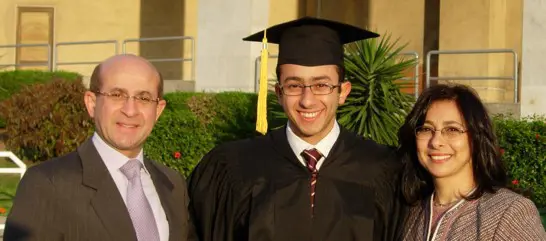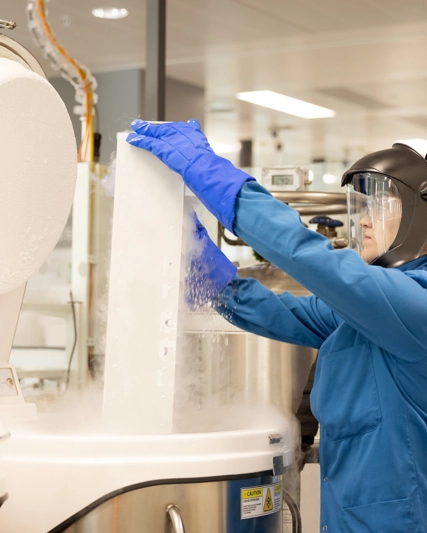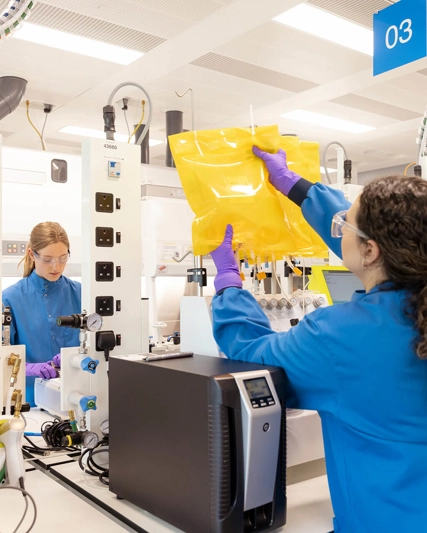Rotavirus was the leading cause of severe and acute gastroenteritis among US children until vaccine introduction in 2006.1 People might not be familiar with the term rotavirus and rotavirus gastroenteritis (GE), but probably have known a child who has experienced this potentially serious and highly contagious disease.
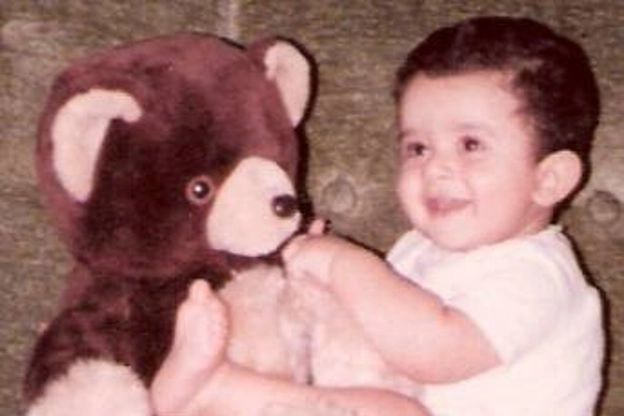
I experienced firsthand the anguish that parents endure when my five-month-old son Ramy was stricken by severe diarrhea. I still remember that cold February night in 1984, as my wife and I went through at least 30 diapers. My wife, who is also a physician, and I were on our knees beside his bed providing oral rehydration therapy. We realized after Ramy started to improve that we were among the lucky ones whose children had survived the rapid dehydration resulting from this severe viral GE. Ramy has since grown up, graduated from college, married, and is a father as well.
Today, I am a granddad of two beautiful granddaughters who are vaccinated against rotavirus, and I am happy to report that my son and his wife did not go through the same fear and agony that my wife and I experienced in February 1984.
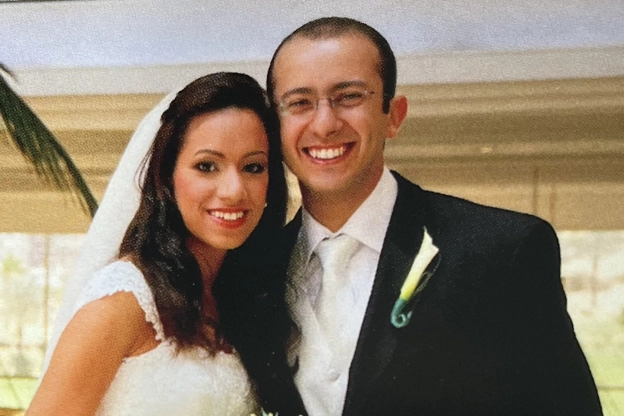
As a medical professional with more than 30 years of experience in both clinical and research roles, I have spent much of my career focused on infectious diseases and vaccine research. Currently, I serve as the Executive Director and Head of Established Vaccines and Early Assets at GSK, where I lead efforts in medical and clinical affairs.
I have a strong background in academic and infectious disease practice, with a focus on developing prophylactic vaccines to protect against preventable diseases. I’ve led the successful global launch of several vaccines, collaborating with public and private partners to ensure optimal patient outcomes. This blend of experience and expertise fuels my passion for advocating for vaccines like the rotavirus vaccine.
Rotavirus gastroenteritis is unpredictable and there is no reliable way to know which infected child will have a severe case. Rotavirus is infectious and can survive for long periods of time on toys and ordinary surfaces found in most homes. Because it is relatively resistant to most soaps and disinfectants, preventing children from exposure can be difficult. Vaccination is the only control measure likely to have a significant impact on the incidence of severe dehydrating rotavirus disease.3
Before the rotavirus vaccine introduction, rotavirus infection was the leading cause of severe acute gastroenteritis (AGE) among US children <5 years, resulting in an estimated 205 000 to 272 000 emergency department (ED) visits and 55 000 to 70 000 hospitalizations annually.1
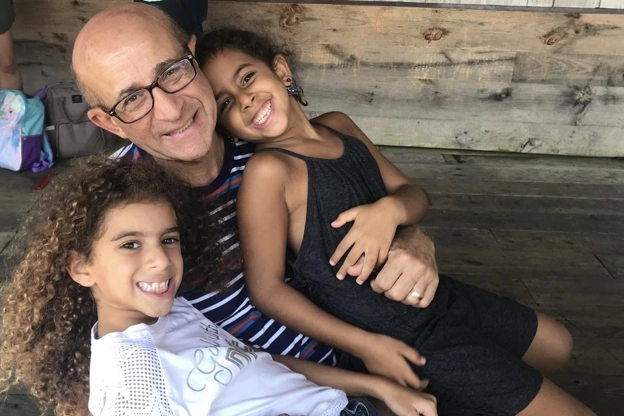
Fortunately with the introduction of vaccination, severe GE illness among children <5 years of age has been significantly reduced. In a recent CDC publication, an evaluation of rotavirus vaccine effectiveness (VE) over 13 years (2009-2022) demonstrated an effectiveness for at least one dose of 78% against rotavirus-associated emergency department visits or hospitalizations. Importantly, VE estimates increased as disease became more severe, with 94% effectiveness against very severe disease. This study highlights the critical role of the rotavirus vaccination program in reducing severe illness among children <5 years of age.2
As I reflect on the journey from that harrowing night in 1984 to the present day, I am filled with gratitude. The fear we faced was all-consuming, but it sparked a determination within me to advocate for the importance of vaccination. Seeing Ramy thrive as a father, watching my granddaughters laugh and play without the shadow of rotavirus, brings me immense joy.
Each time I hear their giggles echo through the house, I am reminded of the countless families who still grapple with the risks of preventable diseases. The introduction of the rotavirus vaccine was not just a medical advancement, it was a lifeline for many parents, a promise of safety in a world where illness can strike without warning.
My story is one of hope—a testament to resilience and the power of science. It reminds us that behind every statistic is a child, a family, and a future. Today, as we champion the importance of vaccination, we honor not just the victories of the past but also the potential to protect generations to come. I embrace the joy of being a granddad, knowing that the future is brighter and safer for my beloved family.
References
Cortese MM, Parashar UD, Centers for Disease Control and Prevention (CDC). Prevention of rotavirus gastroenteritis among infants and children: recommendations of the Advisory Committee on Immunization Practices (ACIP). MMWR Recomm Rep. 2009;58(Rr-2):1–25.
Diallo AO, Wikswo ME, Sulemana I, et al. Rotavirus Vaccine Effectiveness Against Severe Acute Gastroenteritis:2009-2022. Pediatrics. 2024;154(4):e2024066879. https://pubmed.ncbi.nlm.nih.gov/39252660/
Dennehy PH. Rotavirus vaccines: an overview. Clin Microbiol Rev. 2008 Jan;21(1):198-208. doi: 10.1128/CMR.00029-07. PMID: 18202442; PMCID: PMC2223838.
